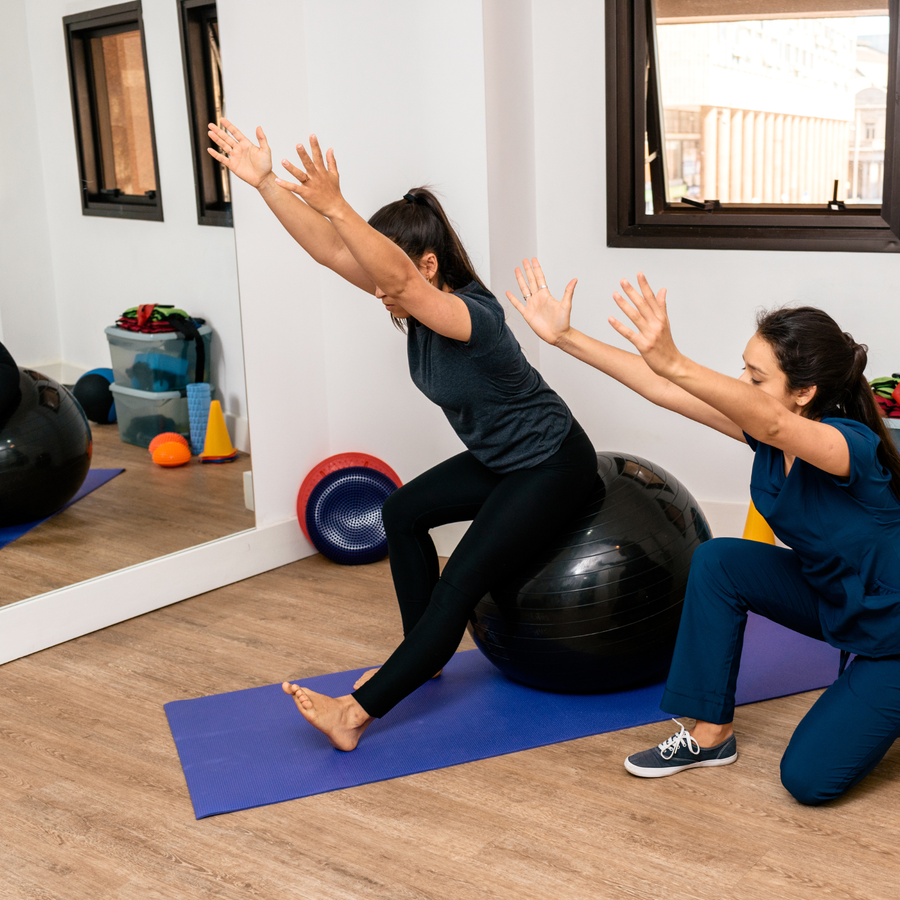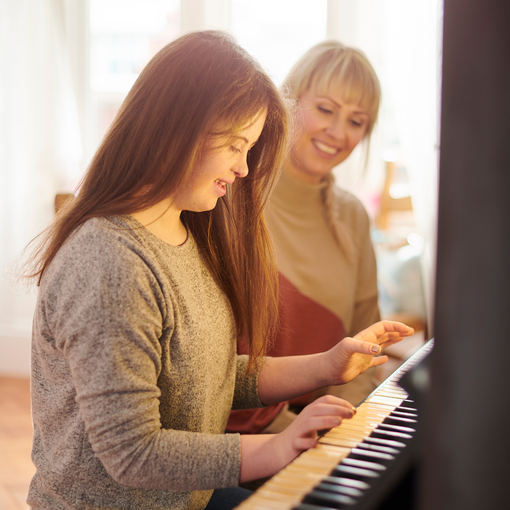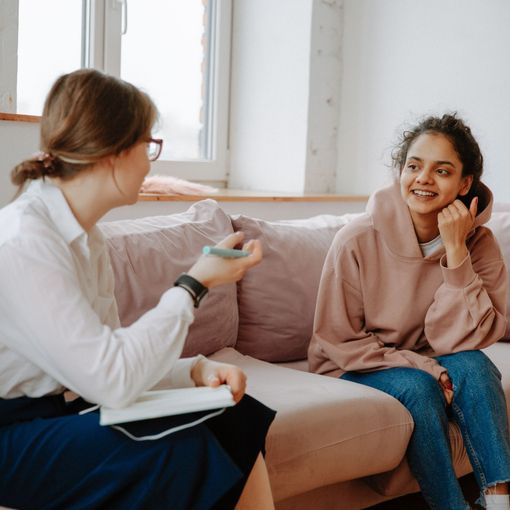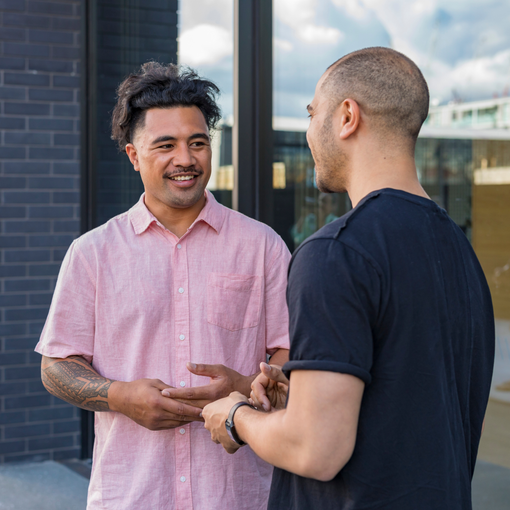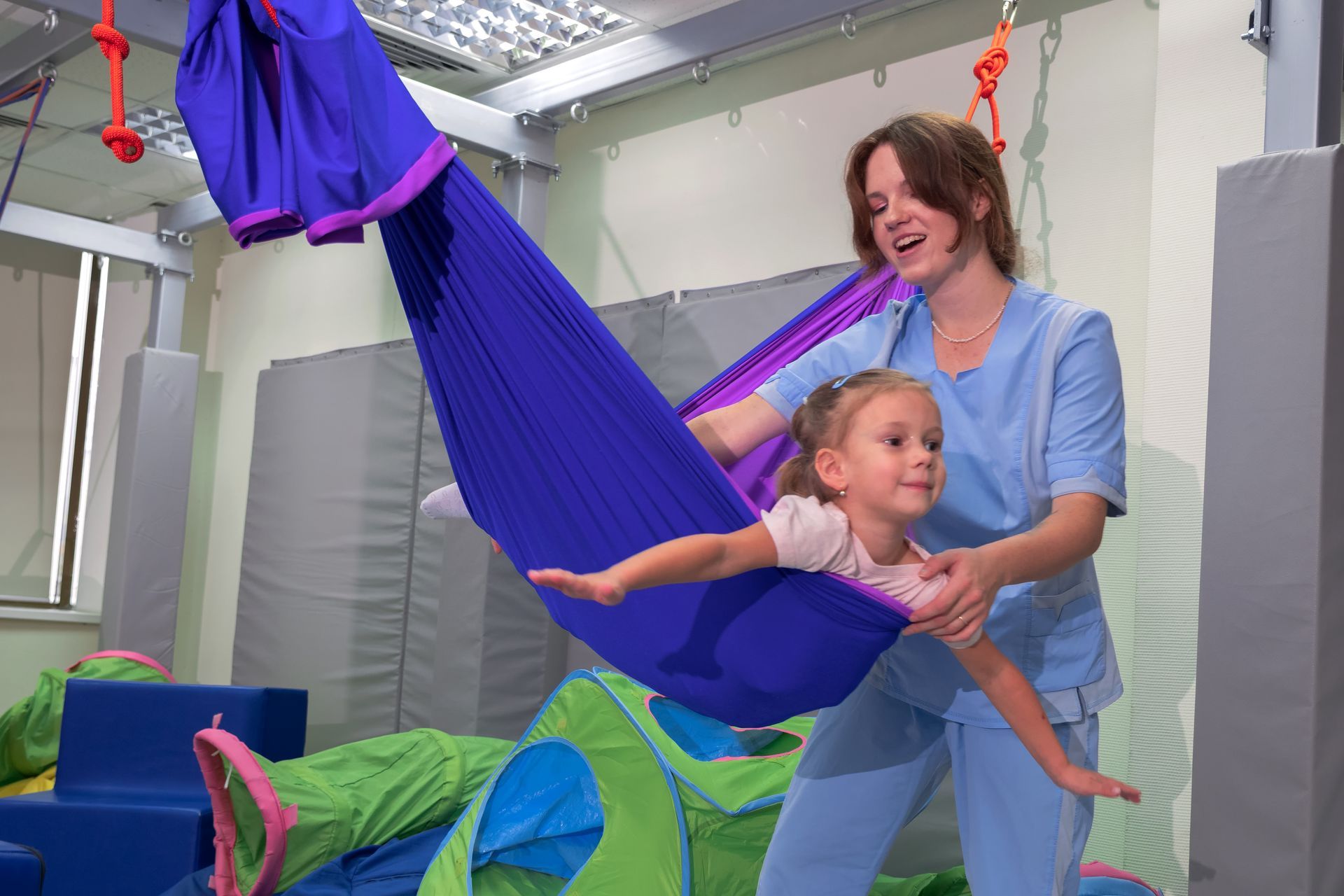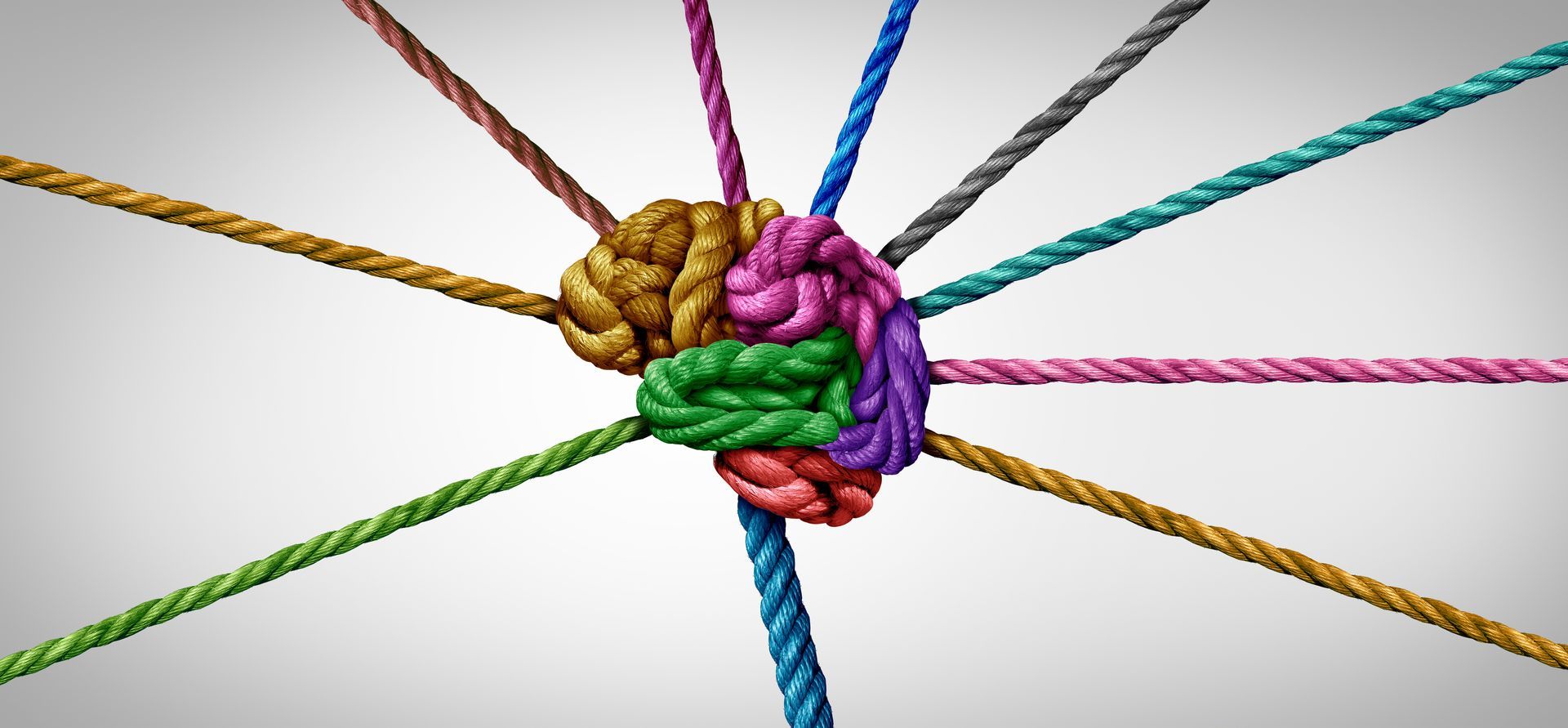Your best choice in disability services
helpz is Australia’s most flexible and forward-thinking Behaviour Support and Allied Health provider.

Get help with disability support services: what we do at helpz
At helpz, we provide comprehensive Behaviour Support and Allied Health services for individuals in the National Disability Insurance Scheme (NDIS). Our mission is to empower people with diverse disabilities to reach their fullest potential.
We place an emphasis on a person-centred approach in disability services. We make sure that they align with each participant’s unique goals and needs, delivered in the comfort of their home for convenience and minimal wait times.
Our flexible and collaborative service model ensures that specialists across various disciplines coordinate without a hitch. This approach allows us to create holistic care plans tailored to a range of needs, from Positive Behaviour Support to occupational and speech therapy, keeping your NDIS objectives front and centre.
With a strong foundation in the disability sector, helpz delivers quality and personalised disability services that can make your life easier. Our commitment to respect, simplicity and effective outcomes means you can rely on us for care that adapts to your preferences and schedule.
Here’s what helps us stand out as an NDIS service provider:
Our specialist Clinicians come to you
There's minimal wait time and paperwork
We find the Clinician that's right for you
We're guided by you and your NDIS plan
We don't charge for travel time or KMs
Allied Health Assistant (AHA) model of supports also available
helpz support areas

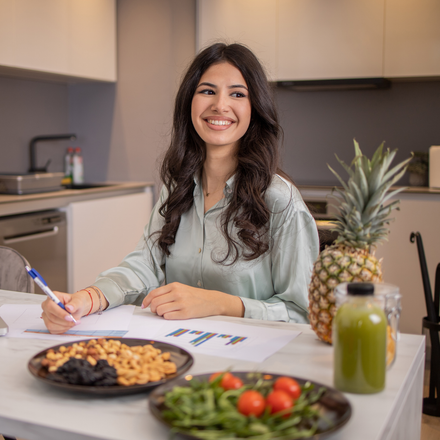
About helpz
Service delivery built on simplicity, respect and flexibility.
With helpz, you'll experience the ease of personalised, community-based NDIS support services. We don't limit your choices; instead, we reduce the hassle and find the Clinician that’s right for you. Your peace of mind is our priority. So no matter where you live, we have local Clinicians ready to support you.
55+
Clinicians in NSW, Victoria, SA, Qld and the ACT
250+
Years of disability sector experience
Our mission
helpz is Australia’s most flexible and forward-thinking Behaviour Support and Allied Health provider.
We value and empower people to achieve the best outcomes for all Participants with our disability services.
Work with helpz
We're hiring!
As a compassionate and forward-thinking NDIS service provider, we challenge traditional disability support service practices. We're seeking clinicians who are passionate about community-based service delivery. At helpz, you can focus on the work you love, free from excessive administration, travel and meetings. Your skills could be just what we need to make a difference!
